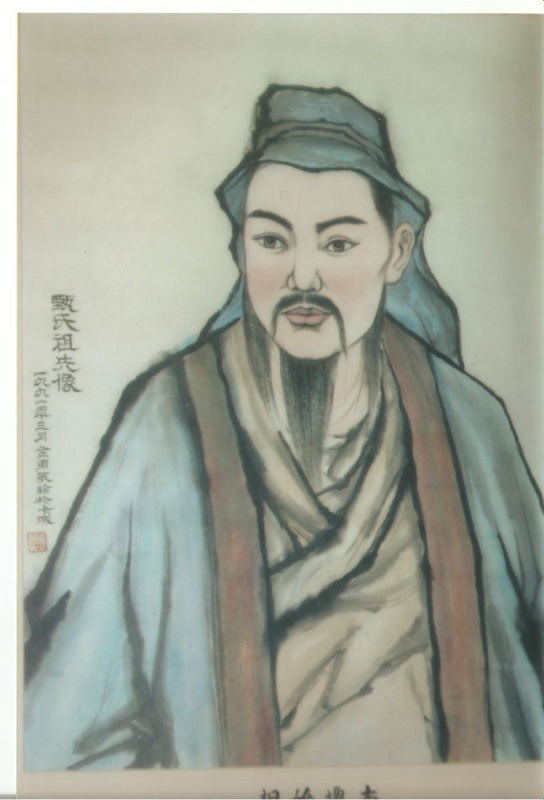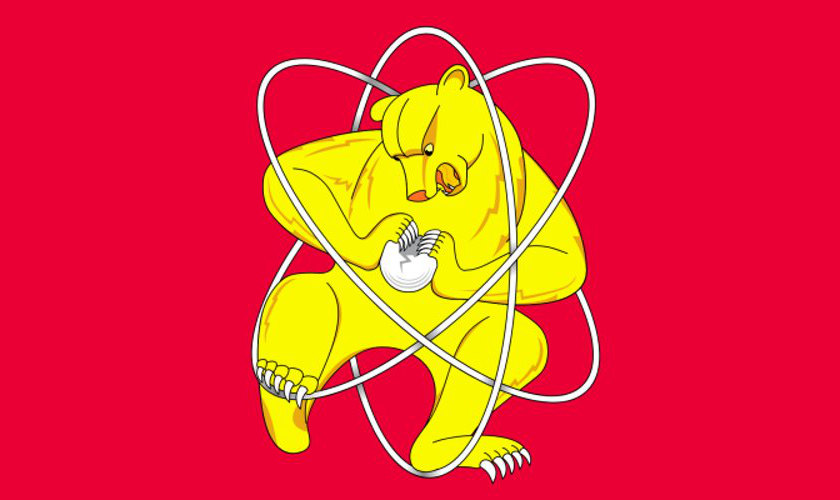
I’m not sure why the history page about my ancestor, 甄舜河 (Gin Sun Hall), has disappeared from the family association’s page, but for others who are descended from him, here’s his pic from the Internet Archive. He lived in the late 13th century.
Also from the Archive was this extract from a 1997 publication that our family produced to celebrate the 60th anniversary of the Association. I have made edits to tidy it up. It isn’t complete, either, as there are potentially other historical sources for our surname, but this was kōrero was similar to the one I was always told, too. (Ours was that the ancestor was not the potter himself, but the man who checked the quality of the pottery.)
My father remembers as a boy writing to the Gin Sun Hall Benevolent Association, and when we were in the Bay Area in 2000, it was at the exact address he wrote on the envelopes: 747 Clay Street, San Francisco. We paid a tribute at the altar.
The Gin surname is believed to have derived from an ancient Chinese governmental designation, which was used to designate the occupation of a potter, one who crafts earthenware.
The transliterations of the Chinese surname 甄 include Gin, Ginn, Gean, Gen, Gene, Jen, Jin, Ying, Yan, Zhen, and Chin. As with any transliteration, variations can be many.
The Sun Hall News, a clan magazine published by the Gin Sun Hall Association, Kaiping, People’s Republic of China identified the ancestor of all Gins as Gin Shen, whose ancestral home was in the Hebei province.
Our first ancestors existed approximated four to five thousand years ago. The Gin clan originated at Chew Yip County in what is today Shanxi province. Our first forefather was a potter. It was a very technical job during his time, where he was commissioned to make pottery and ceramic tiles for the government. The mastery of the art of pottery contributed to the arts of China. Our great forefather was conferred the governmental position of Gin Tao (甄陶) by governmental leaders. Having this official distinction, our first forefather used the former part of it for his surname. This was how the Chinese surname, Gin, originated.
During the Han Dynasty, about 200 BC, the Gin clan was known to be powerful and honourable nobility. Some were high-ranking government officials during the period of the Eastern Han Dynasty, Southern and Northern Dynasty (circa AD 500). During the Wei Dynasty, a Gin was an empress to Emperor Wen (Wen Ti) whose biography is in historical texts. Emperor Wen’s reign was marked by an officious reorganization of the administration and bureaucracy of government which restored the country’s influence with countries bordering China.
Valuable relics from the period were unearthed by the Chinese government in 1982 in Hebei province from the graves of the Gin clan for safeguarding. Many of the graves were destroyed during the Cultural Revolution. Among the relics unearthed recently are precious copper ware, celadon ware, pottery, and figurines decorated with colour drawings. The relics are invaluable to anthropologists studying the politics, economy and culture of the Eastern Han, Southern and Northern dynasties.
Who was Gin Sun Hall?
Gin Sun Hall is the name of our common ancestor who lived in the 13th century. Gin Sun Hall’s grandfather, Gin Shing Hing, came to Nam Hong county in northern Guangdong province from northern China, as he was appointed the government official for the area.Later for various reasons which remain unclear, but believed to be the result of dissent of the locals to imperial decrees—and it was also rumoured that one of the emperor’s concubines disappeared near Nam Hong—the Siyi people living in the area of Nam Hong county, including the Gin clan, had to flee to avoid being persecuted by the Emperor. Many Gins as well as other surnames changed their names to avoid imperial detection. This may account for the reason why today the Gin surname is small in numbers compared to other surnames.
Where are they now?
At the Inaugural Gin Clan World Conference held in November 2005, at Kaiping, PRC, some 700 Gins and their friends and relatives attended the meeting. From the attendance list, it was clear that Gins can virtually be found in all continents of the world. The most populous concentration appears to be California. There was a proud contingent of Gins from the original Gin homeland of Wuji, Hebei (河北). It is interesting to note that according to Wikipedia, ‘Plains in Hebei were the home of Peking man.’ Thus, the Gins have a proud history with links to the Great Plains of China.




